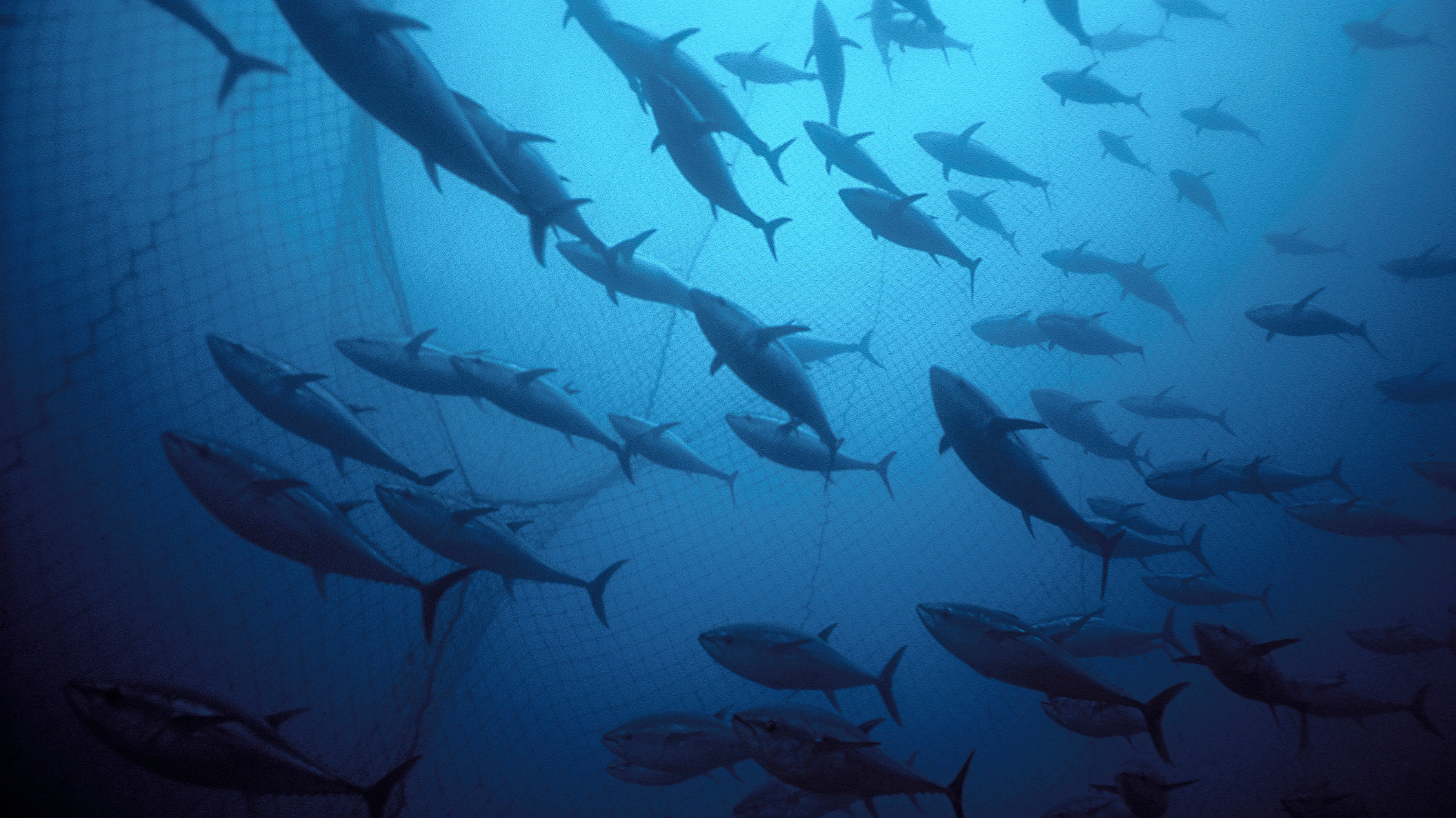When It Comes To Sustainability, "Blue Foods" May Be The Answer
Climate change is accelerating, and a livestock-based food system is a huge part of the problem. Experts agree that eating less meat (and even just eating less in general) could have tremendous positive impacts on our planet by reducing greenhouse gas emissions, which means we ought to seek out alternative protein sources. There are plenty! But if beans and bugs don't titillate your palate, there's another relatively untapped resource covering 70% of our planet: the ocean. Seafood, or "blue food," could be the next horizon of global food security.
Stanford News spoke with Rosamond Naylor, William Wrigley Professor in Earth System Science, and Jim Leape, co-director of Stanford's Center for Ocean Solutions, about the vast potential of our oceans to solve food supply issues. According to Naylor and Leape, the ocean is capable of producing as much as 75% more seafood than it currently does, and it could do so in a way that drives economic growth more sustainably.
"Aquatic food is, by far, the most highly traded food commodity," Naylor tells Stanford News. "COVID-19 is disrupting processed and widely traded seafood products, such as salmon, shrimp and tuna. However, locally produced and consumed food systems are actually faring much better. This is especially true for some small-scale fisheries, where local fishing groups have taken the initiative to sell seafood locally."
Leape explains that a rising demand for animal protein is a natural result of societies growing more prosperous—but simply upping the amount of beef we produce would have a disastrous effect on the planet. Increasing our fish consumption, meanwhile, has less potential to wreak havoc on our environment if we scale it up correctly, and depending on the types of fish we farm, it could lead to an overall healthier diet, too.
"Advanced genetics are now being used to enhance fish growth, reduce the consumption of wild fish in feeds, and promote better disease resistance," Naylor said. "If we want healthy oceans in the future, we have to be thinking about a wide range of innovations."
And who knows? Maybe with the rise of seafood will come the rise of its plant-based equivalents.
